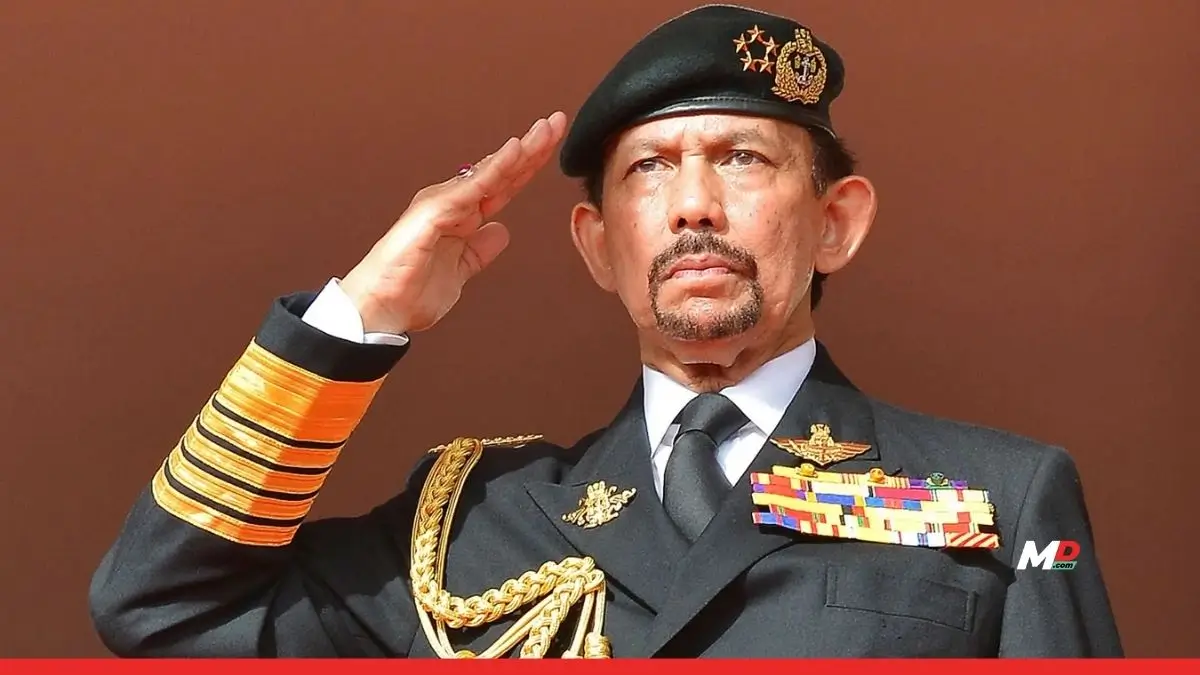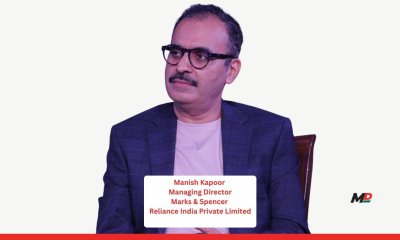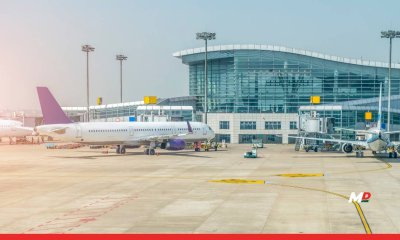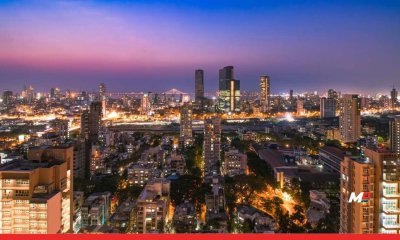Published
8 months agoon
By
Ann Uruvath
In the lush, oil-rich Southeast Asian kingdom of Brunei, grandeur takes a form so unimaginable that it feels like fiction. But the man behind it is very real: Sultan Hassanal Bolkiah, a monarch whose life reads like a royal fairytale, written in gold ink. His primary residence, Istana Nurul Iman, is the largest residential palace in the world, a literal city of opulence under one roof. At 2.1 million square feet, it houses a staggering 1,788 rooms and 257 bathrooms. Five swimming pools glisten under Brunei’s tropical sun, and 44 marble staircases lead to chandeliers, 564 of them twinkling with 51,000 light bulbs.
This isn’t just a home. It is a living monument to royal permanence, designed to outlast trends, time, and perhaps, entire generations of monarchs.
The Sultan’s Car Kingdom
The Sultan’s tastes extend far beyond architecture into automotive obsession. His car collection is among the largest and most exclusive on Earth. He owns 600 Rolls-Royces, 450 Ferraris, and 380 Bentleys, many of them custom-commissioned. These aren’t just luxury vehicles; they’re one-of-a-kind masterpieces created to reflect his vision of wealth and distinction. At a time when luxury SUVs were barely a concept, the Sultan worked directly with Bentley to bring one to life, making him the unofficial pioneer of an entire class of luxury motoring.
The entire collection is so vast that it was once said to account for nearly half of the Rolls-Royces produced in the early 1990s. Every vehicle is meticulously maintained, not just as a mode of transport but as a symbol of supremacy and taste.
His Jet, His Rules
If his palace is a grounded wonder, then his jet is its airborne twin. The Sultan’s private Boeing 747 is unlike any other aircraft in the world. Outfitted with pure gold-plated furniture, crystal chandeliers, and solid gold washbasins, the plane is designed to fly not just a person, but a palace. Inside, there’s a private suite, gold-accented fixtures, and plush decor fit for a head of state who sees no separation between comfort and power.
This is not aviation for necessity. This is aviation for statement—a declaration of status that quite literally soars.
A Birthday for the Ages
To understand the true scale of his extravagance, one needs only revisit his 50th birthday in 1996. The Sultan flew in the King of Pop, Michael Jackson, for a private concert at the Jerudong Park Amphitheatre. The cost of that single performance? $17 million. But that was only part of a $27 million night of celebrations, which also included 3,000 international guests, a polo match with then-Prince Charles (now King Charles III), and enough spectacle to rival a royal coronation.
This was no ordinary birthday. It was a live-action exhibit of wealth, diplomacy, entertainment, and empire rolled into one opulent evening.
Even His Haircuts Are First-Class
Luxury touches even the most mundane aspects of the Sultan’s life. For example, his regular haircuts come with a $20,000 price tag—not because of the cut itself, but because he flies in his personal barber from London via private jet. It’s not about necessity; it’s about continuity. About ritual. About maintaining a life at the peak of precision, no matter the cost.
When Your Zoo Is Also a Circus
And if you think his indulgence ends with possessions and appearances, consider his private zoo—an expansive menagerie that houses approximately 30 Bengal tigers. But this isn’t your average conservation project. Among the animals are birds trained to play basketball and ride bicycles, performing not for tourists but for the Sultan himself.
It’s a surreal mix of the ancient and the theatrical—like something out of a royal court in a different century, reborn in the age of oil wealth.
The Man Behind the Gold Curtain
Despite the surrealism of his lifestyle, Sultan Hassanal Bolkiah is more than a man of material means. Born in 1946 as the eldest son of Sultan Sir Haji Omar Ali Saifuddin, he was groomed for leadership from a young age. Educated in Kuala Lumpur and trained at the Royal Military Academy Sandhurst in England, he was declared Crown Prince in 1961 and ascended the throne in 1967. His coronation followed in 1968, but it was only after his mother’s passing in 1979 and his father’s retreat from public affairs that he fully took the reins of power.
He used this transition wisely. Ahead of Brunei’s independence from Britain in 1984, he built a native bureaucracy to replace British expatriates and launched campaigns to curb corruption. His leadership has been centralized and strategic, built on a strong national identity and traditionalist values. Under a state of emergency declared in 1962, which still stands today, he remains Brunei’s head of state, prime minister, defense minister, and finance minister—consolidating his control across the nation’s most vital systems.
Oil: The Eternal Engine
How can one man afford such an extraordinary existence? The answer is oil—specifically, Brunei’s rich reserves of it. Throughout the 1980s and 1990s, the Sultan was consistently listed among the wealthiest individuals on the planet. Though tech billionaires like Bill Gates have since eclipsed him in global rankings, his estimated net worth of around $30 billion still places him in the upper echelons of global wealth.
But unlike Silicon Valley billionaires, his fortune isn’t up for IPO. It’s sovereign, built into the fabric of Brunei itself.
More Than Wealth—A Statement of Identity
At a glance, Sultan Hassanal Bolkiah’s lifestyle might seem like unchecked opulence. But on closer inspection, it’s a deliberate act of legacy-building—each car, zoo animal, and chandelier a carefully chosen element in a larger story of sovereignty and continuity. In a world where power often feels fleeting, diluted, or outsourced, the Sultan’s life offers something different: permanence.
He is not merely a billionaire. He is the last great royal absolutist of the modern era—ruling not just through oil and wealth, but through spectacle, symbolism, and the unyielding force of tradition.


Marks & Spencer: A Legacy Brand in a Modern World


Turbulence ahead? Airlines warn DGCA Cabin Crew norms could disrupt schedule


As rental rates surge in India’s key metros, is the homebuying dream dead?


What Economic Freedom Means to Indians in a Changing World


Perfios Collaborates with UIDAI for Offline Identity Verification


Pouring Love into Every Brew, Third Wave Coffee Rolls Out Four Unique Valentine’s Beverages

